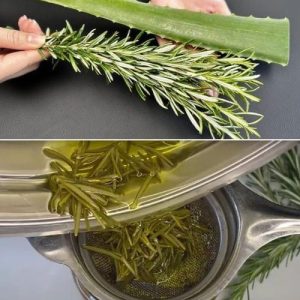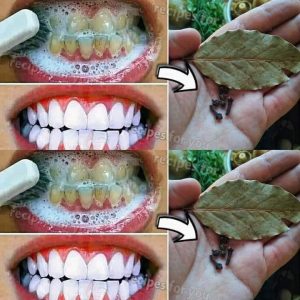Storing chicken without a refrigerator might sound challenging, but with the right method, it’s entirely possible to keep your chicken fresh and safe to eat for up to 12 months. This traditional preservation method not only extends the shelf life of chicken but also ensures that you have a reliable protein source year-round. Let’s explore how to do it effectively and safely.
What You’ll Need
Fresh chicken
Coarse salt
Airtight containers or jars
A cool, dry storage area
Instructions
1. Prepare the Chicken
Start by thoroughly cleaning and trimming the chicken. Remove any feathers, innards, and excess fat. It’s crucial to start with fresh, high-quality chicken to ensure the best results.
2. Salt Cure the Chicken
Generously coat the chicken with coarse salt, making sure to cover every part of the chicken, including the cavity. Salt is a natural preservative that draws out moisture and inhibits bacterial growth.
In an airtight container or jar, create a layer of salt at the bottom. Place the chicken on top of this layer and then cover the chicken completely with more salt. Ensure there are no exposed parts of the chicken.
3. Let It Cure
Seal the container and store it in a cool, dry place like a cellar or pantry. Let the chicken cure for at least 4-6 weeks. The salt will draw out moisture from the chicken, effectively preserving it.
4. Remove and Rinse
After the curing period, remove the chicken from the salt. Rinse it thoroughly under cold water to remove all the salt, then pat it dry with a clean towel.
5. Store for Long-Term
Once rinsed and dried, wrap the chicken in parchment paper or cheesecloth. Place it back in an airtight container and store it in a cool, dry place. The chicken can now be kept for up to 12 months.
Tips for Best Results
Use high-quality coarse salt for the best preservation results. Avoid using iodized table salt as it may contain additives that can affect the curing process.
Ensure the storage area maintains a consistent cool and dry environment to prevent spoilage.
Periodically check the stored chicken for any signs of spoilage. If you notice any off smells or discoloration, discard the chicken.
How to Use Salt-Cured Chicken
Before using the preserved chicken, soak it in water for several hours or overnight to rehydrate and remove excess salt. Salt-cured chicken is excellent for slow-cooking methods such as stews, soups, and braises. It can also be roasted or grilled after rehydration.
Conclusion
With this traditional salt-curing method, you can keep chicken intact and safe to eat for up to 12 months without a refrigerator. This technique not only preserves the chicken but also infuses it with a rich, savory flavor. Give this method a try and enjoy the convenience of having preserved chicken available year-round. Happy preserving!





